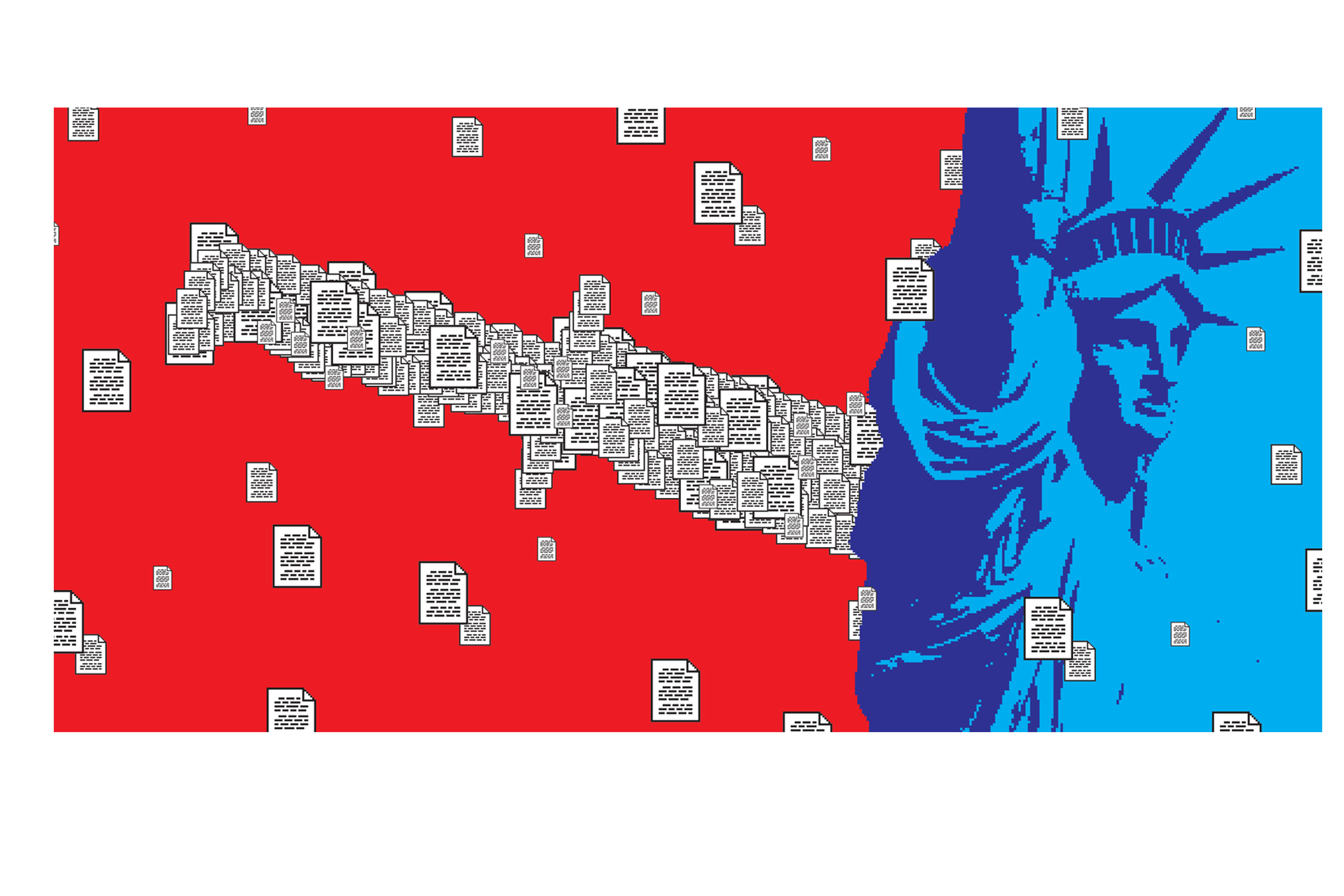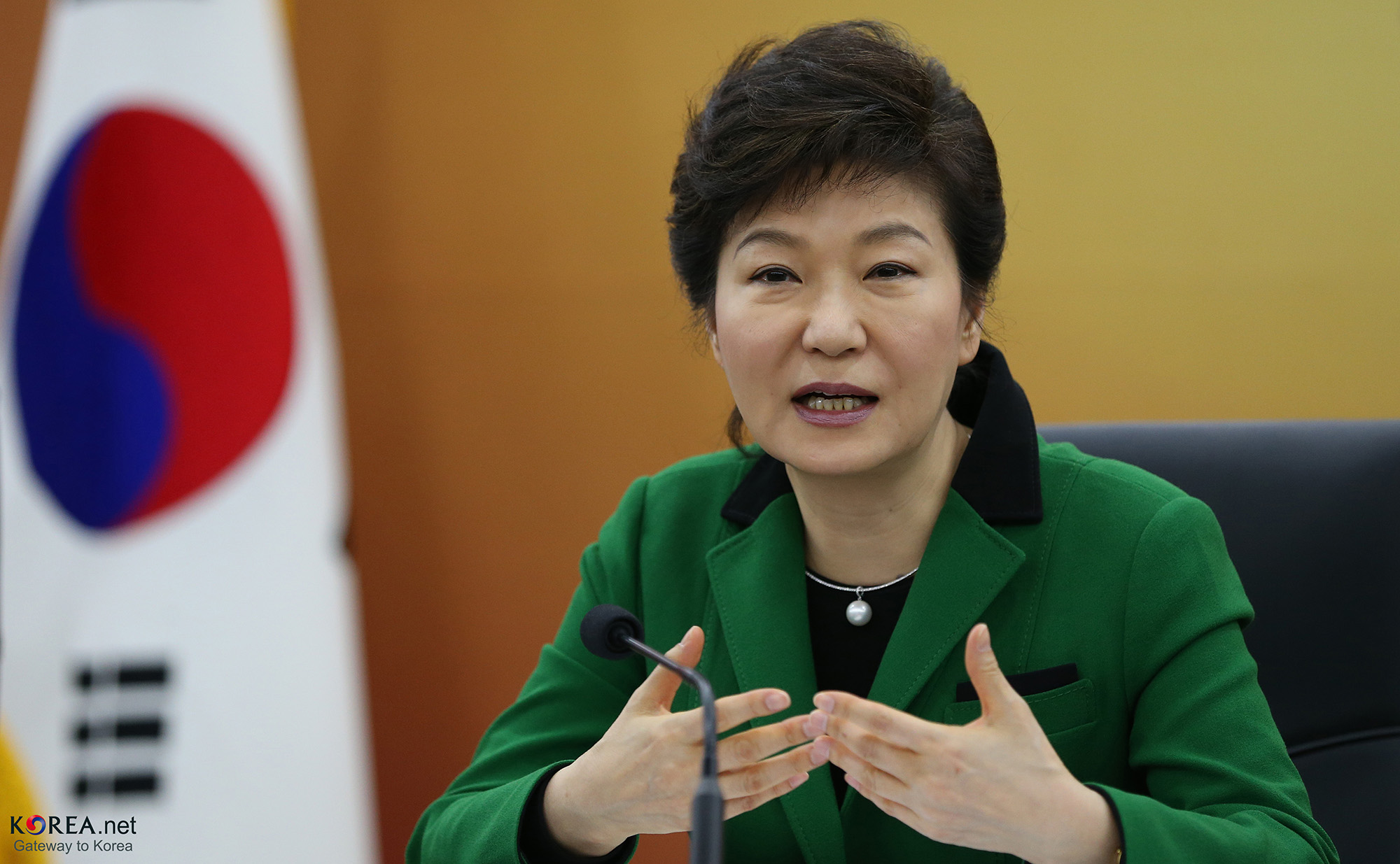Fidel Castro, the proclaimed hero of the 1959 communist revolution in Cuba and the country’s president for nearly a half-century afterwards, died on Nov. 25, 2016.
Although the Cuban revolutionary leader officially stepped down from his position in 2008 due to illness and handed the presidency over to his brother, Raul Castro has said that he will step down from the presidency in 2018, meaning that Cuba’s next political steps are currently ambiguous.
Dr. Ferbel-Azcarate, professor in the Black Studies department at Portland State, has done anthropological and archeological research in Cuba and hopes to take Portland State students there through a study abroad program with the black studies department someday.
According to Ferbel-Azcarate, “[It] remains to be seen how [Castro’s] death, Obama’s opening overtures, the end of the wet foot/dry foot policy and the arrival of our next president will affect U.S.-Cuban relations and Cuban society in general.”
The New York Times reports that since Raul became president in 2008, Cuba has passed laws allowing a small resurgence in its private sector, meaning that some small, independent, non-state-run businesses such as restaurants have been allowed to operate. Further, its citizens have experienced newfound freedoms such as greater ease of travel and the ability to independently buy and sell cars and houses.
In 2015, the Obama administration re-established diplomatic relations with the country for the first time since the 1959 revolution, a move which Fidel Castro scoffed at, declaring, “We do not need the empire to give us anything.”
So where is Cuba headed politically in light of Fidel Castro’s death and these undulations in the Cuban economic and political climate?
The Vanguard spoke with Dr. Kecskes, associate professor of public administration in the Mark O. Hatfield School of Government at PSU, in order to to get some insight. Kecskes recently instructed a faculty-led PSU course in Cuba.
Kecskes stated that the political horizon for Cuba currently seems nebulous; however, many inside the country anticipate little or no change as a result of Castro’s death.
“What many people inside Cuba would say is that if anything, there’s probably going to be more of [a political] entrenchment,” Kecskes said. He believes that a politically unstable Cuba will look for reassurance in the communist ideals that have moved the country and to which the people have been accustomed for nearly 60 years.
Kecskes also commented that many among the general Cuban population are open to and enjoy the capitalistic economic reforms of Raul, but that there are also many traditionalists who value communist ideals living in the country.
Kecskes claims, “[More] than 70 percent of workers in Cuba still work in state-sponsored jobs.” This shows that any change coming from Raul’s capitalistic reforms is very limited in scope.
Finally, given the geographic proximity and political history between the United States and Cuba, the incoming Trump administration will most certainly have an influence on the evolving political climate. Although it seems too early to tell how U.S.-Cuban relations will play out in the coming years, Trump has already publicly denounced the Obama administration’s move to re-establish diplomacy with Cuba.






